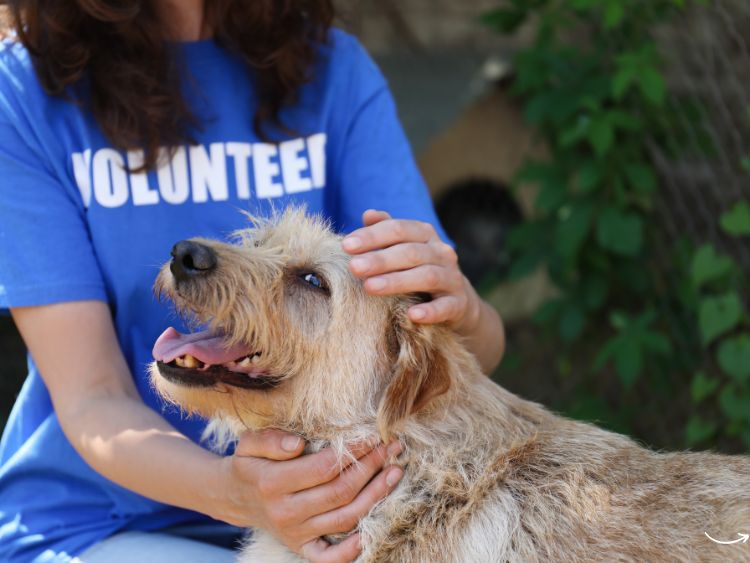Welcome to the world of Academy Animal Care! Whether you’re a seasoned pet owner or considering adopting a furry friend for the first time, understanding the essentials of animal care is crucial. In this guide, we’ll explore everything you need to know about keeping your pets healthy and happy. From basic care tips to understanding veterinary services, we’ve got you covered. So, let’s dive right in and make sure your pets get the best care possible!
Understanding Academy Animal Care
What is Academy Animal Care?
Academy Animal Care refers to a comprehensive approach to pet health and well-being. It encompasses a range of services and practices aimed at ensuring that pets lead healthy, happy lives. These services include regular check-ups, vaccinations, dental care, nutrition advice, and emergency care. By adopting a holistic approach, Academy Animal Care aims to address all aspects of pet health, from physical to emotional well-being.
Why is Academy Animal Care Important?
Academy Animal Care is important because it promotes a proactive approach to pet health. Regular veterinary visits can help detect potential health issues early, preventing more serious problems down the line. Moreover, a well-rounded care routine ensures that pets receive the necessary nutrition, exercise, and mental stimulation they need to thrive. Ultimately, Academy Animal Care contributes to a longer, healthier life for your pets.
Basic Care Tips for Pet Owners
Regular Veterinary Visits
One of the cornerstones of Academy Animal Care is regular veterinary visits. These check-ups allow your vet to monitor your pet’s health, administer necessary vaccinations, and provide preventive care. It’s recommended to take your pet for a check-up at least once a year, although some pets, especially older ones, may require more frequent visits.
Proper Nutrition
A balanced diet is essential for your pet’s health. Consult your veterinarian to determine the best diet for your pet’s age, breed, and health condition. Ensure that your pet has access to fresh water at all times and avoid feeding them human food, which can be harmful.
Exercise and Mental Stimulation
Pets need regular exercise to maintain a healthy weight and prevent behavioral problems. Dogs, for instance, require daily walks and playtime, while cats benefit from interactive toys and climbing structures. Mental stimulation is equally important, so engage your pets with puzzles and games that challenge their minds.
Grooming
Regular grooming helps keep your pet’s coat clean and free of mats and reduces shedding. Depending on the breed, grooming needs can vary, so consult with a groomer or your vet for specific advice. Don’t forget about dental care—brushing your pet’s teeth regularly can prevent dental disease.
Veterinary Services at Academy Animal Care
Preventive Care
Preventive care includes vaccinations, parasite control, and regular health screenings. These measures help protect your pet from common diseases and ensure early detection of health issues. Your vet will create a preventive care plan tailored to your pet’s specific needs.
Emergency Care
Accidents and illnesses can happen unexpectedly, so it’s important to know where to turn for emergency care. Academy Animal Care facilities typically offer emergency services, including surgery and critical care. Familiarize yourself with the nearest 24-hour animal hospital in case of emergencies.
Dental Care
Dental health is often overlooked but is crucial for your pet’s overall well-being. Regular dental check-ups and cleanings can prevent gum disease and other dental issues. At home, you can maintain your pet’s dental health by brushing their teeth and providing dental chews.
Specialized Services
Some pets may require specialized care, such as orthopedic surgery, oncology, or dermatology. Academy Animal Care facilities often have specialists on staff who can provide advanced care for pets with specific health issues. Your primary vet can refer you to a specialist if needed.
Training and Behavior
Obedience Training
Obedience training is essential for a well-behaved pet. Training helps establish boundaries and ensures your pet understands basic commands. Whether you opt for professional training classes or train your pet at home, consistency is key.
Behavioral Issues
Behavioral issues can arise for various reasons, including anxiety, lack of exercise, or medical conditions. If your pet exhibits problematic behavior, consult with your vet or a professional trainer to address the issue. Behavioral therapy and positive reinforcement techniques can often resolve these problems.
FAQs
What should I do if my pet is sick?
If your pet is showing signs of illness, such as vomiting, diarrhea, or lethargy, contact your vet immediately. It’s better to err on the side of caution and have your pet examined by a professional.
How often should I groom my pet?
The frequency of grooming depends on your pet’s breed and coat type. Long-haired breeds may require daily brushing, while short-haired breeds can be groomed less frequently. Regular grooming sessions also provide an opportunity to check for any unusual lumps, bumps, or parasites.
What vaccinations does my pet need?
Core vaccinations for dogs typically include rabies, distemper, parvovirus, and adenovirus. For cats, core vaccines include rabies, feline distemper, and feline herpesvirus. Your vet will recommend a vaccination schedule based on your pet’s lifestyle and risk factors.
How can I prevent my pet from getting fleas and ticks?
Preventive treatments, such as topical applications, oral medications, and collars, can help protect your pet from fleas and ticks. Regularly check your pet for signs of these parasites, especially after outdoor activities, and consult your vet for the best preventive options.
Summary
Academy Animal Care is all about providing comprehensive, proactive care for your pets. By ensuring regular veterinary visits, proper nutrition, exercise, grooming, and training, you can keep your pets healthy and happy. Remember, a well-cared-for pet is a happy pet!
For more information on Academy Animal Care, check out these authoritative links:
By following the guidelines and tips outlined in this guide, you’ll be well-equipped to provide the best possible care for your beloved pets.

